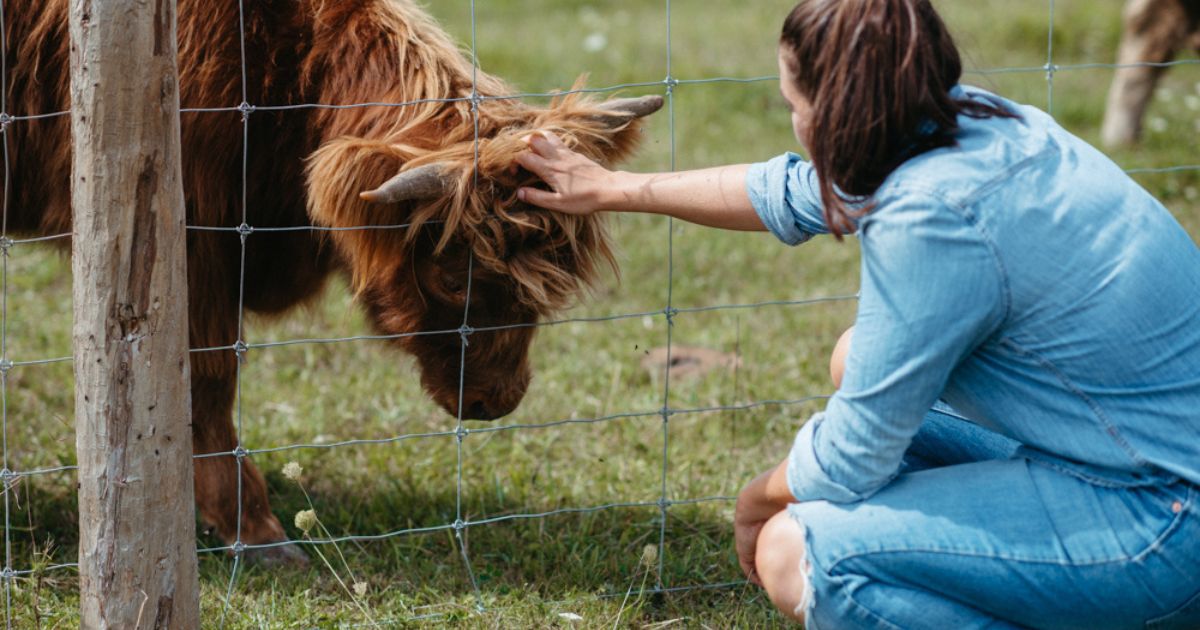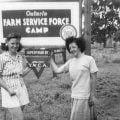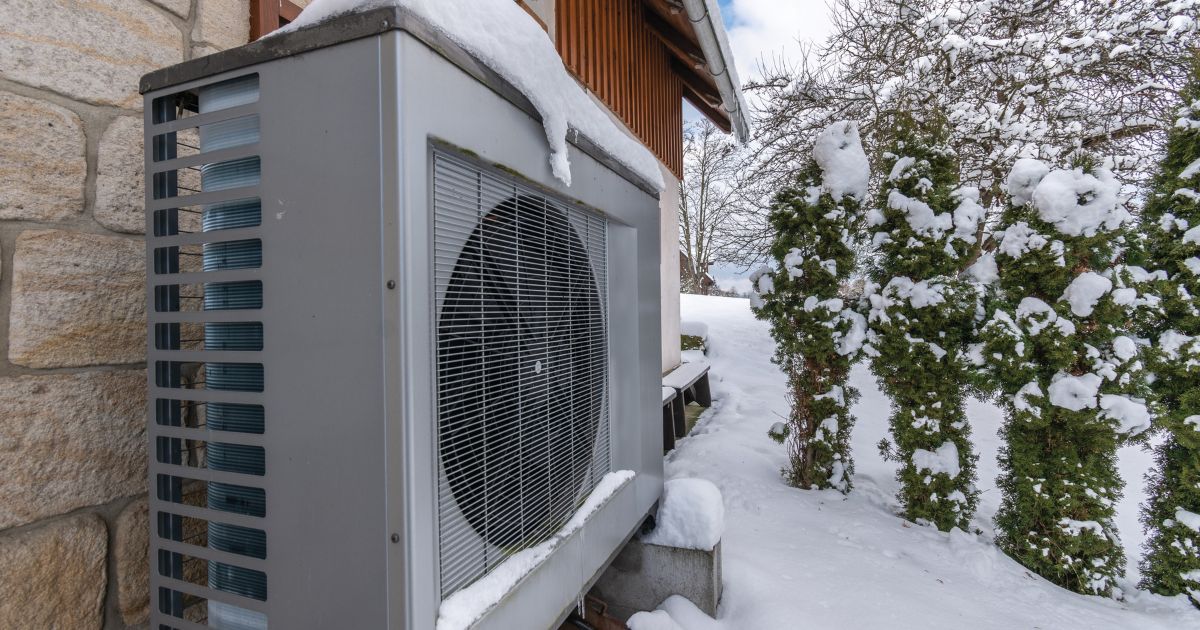Dreaming of a life on the farm? Becoming a farm sitter might be the perfect opportunity for you! Farm sitting offers a unique and rewarding experience, allowing you to immerse yourself in the rural lifestyle and care for animals and crops. But before you pack your bags and head to the countryside, there are a few things you need to know. Claire Dam, who owns a small farm, guides you through what it takes to become a successful farm sitter and make the most of this exciting adventure.
Meet with the home/farm owners ahead of time.
Get your hands, eyes, and body out on the land and with those you’ll be caring for so that you have an opportunity to see how they respond to you and vice versa. Try some of the to-dos in real-time so that you have a feel for the function of things, can gauge your comfort level, and ask for any support or clarification while you have them there.

Remember that you are a visitor to the animals’ home.
They know where they are, and they want to be there. Sometimes it can become overwhelming to feel responsible for so many lives and their care. At one point, my anxiety had me fearing they might all run away overnight! Trust in those you’re farm-sitting for to outline what they’ll need from you, and try not to worry too much about the rest.

Be present.
Spending time living at a farm or a homestead can be an opportunity to live more mindfully and more in connection with creation than we often have access to in our contemporary culture. It is a chance to be ‘off the grid’ in more ways than one, deepening awareness and appreciation for what and how we eat, what and how we harvest, and the invitation to respond to nature’s gifts with reciprocal care.
Be prepared for an early start to the day, every day.
Perhaps it is a time to take space from screens and practise less familiar daily rhythms like rising when the rooster crows. On that note, if you’re a heavy or late sleeper, make sure you bring an alarm clock.

Clear your schedule.
The tasks laid out for you, and the opportunities in this kind of living, are more likely to be enjoyed when you have the time and space to be present to them and take good care.
Learn about the local community.
Living in more rural areas often comes with access to hidden gems you may not have encountered before. Inquire about local markets, neighbouring farms and nearby towns.
Be upfront.
Ask the farmer how they feel about you having guests visit or stay. Have a shared understanding of what the expectations are in terms of how the property is used and kept.

Inquire about all of the animals on the farm.
Before you are left on the farm alone, make sure you are clear on how, if at all, you should approach and engage with the animals. Ask which of them are cuddly and who it is best to keep your distance from. Understanding the personalities of those you’ll be caring for can help you feel more comfortable in their presence and be prepared for your time on the farm.
Things to bring when you are farm sitting
- Boots! You’re going to want to ensure you can get around the property
comfortably and safely. Boots help for trudging through mud, protecting from
ticks, and giving you good coverage when you’re walking among the animals. - And on that note, comfy clothing!
- A good book or a journal. Little notes kept from your experience are likely to be
valuable to you in the future. - A non-electronic pastime, like needlework or a musical instrument.
- Some nice recipes or plans to make food slowly.













